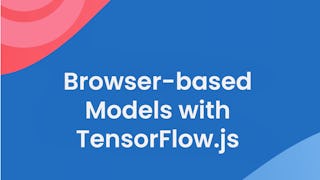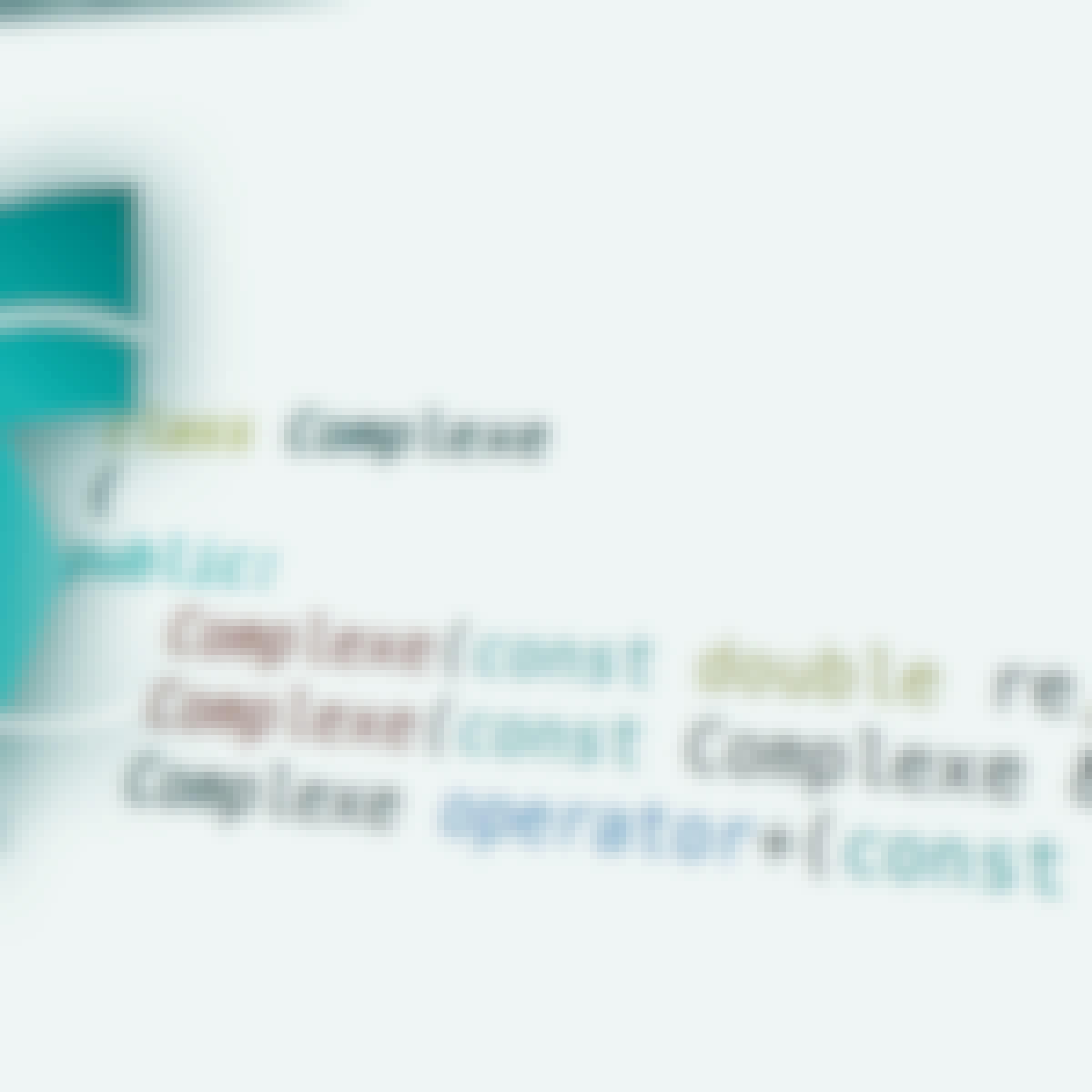- Browse
- Food Science
Food Science Courses
Food science courses can help you learn about food safety, nutrition, sensory evaluation, and food processing techniques. You can build skills in recipe formulation, quality control, and understanding food chemistry. Many courses introduce tools like statistical software for analyzing taste tests, laboratory equipment for testing food properties, and food modeling software to predict shelf life, allowing you to apply these skills in real-world food production and innovation.
Popular Food Science Courses and Certifications
 Status: Free TrialFree Trial
Status: Free TrialFree TrialSkills you'll gain: Data Visualization, Data Visualization Software, Spreadsheet Software, Correlation Analysis, Google Sheets, Pivot Tables And Charts, Dashboard, Data Analysis, Data Storytelling, Tableau Software, Descriptive Statistics, Data Cleansing, Exploratory Data Analysis, Data Manipulation, Statistics, SQL
4.6·Rating, 4.6 out of 5 stars282 reviewsBeginner · Course · 1 - 3 Months
 Status: PreviewPreviewU
Status: PreviewPreviewUUniversity of Amsterdam
Skills you'll gain: World History, International Relations, Ancient History, Cultural Diversity, Physical Science, Anthropology, Timelines, Social Sciences, Economics, Policy, and Social Studies, Environment, Biology, Physics, Climate Change Adaptation
4.6·Rating, 4.6 out of 5 stars253 reviewsBeginner · Course · 1 - 3 Months
 Status: Free TrialFree TrialD
Status: Free TrialFree TrialDDeepLearning.AI
Skills you'll gain: Image Analysis, Tensorflow, Transfer Learning, Convolutional Neural Networks, Computer Vision, JSON, Model Deployment, Applied Machine Learning, Javascript, Artificial Neural Networks, Data Processing, Real Time Data, Web Applications, Machine Learning, Data Transformation
4.8·Rating, 4.8 out of 5 stars1K reviewsIntermediate · Course · 1 - 4 Weeks
 Status: Free TrialFree TrialS
Status: Free TrialFree TrialSStanford University
Skills you'll gain: Bayesian Network, Applied Machine Learning, Machine Learning Algorithms, Markov Model, Machine Learning, Statistical Modeling, Network Analysis, Probability Distribution, Statistical Methods, Algorithms
4.6·Rating, 4.6 out of 5 stars303 reviewsAdvanced · Course · 1 - 3 Months
 Status: PreviewPreviewU
Status: PreviewPreviewUUniversidade de São Paulo
Skills you'll gain: Life Sciences, Physical Science, Biology, General Science and Research, Biochemistry, Physics, Experimentation, Chemistry, Environmental Science
4.8·Rating, 4.8 out of 5 stars2.1K reviewsBeginner · Course · 1 - 4 Weeks
 Status: Free TrialFree TrialU
Status: Free TrialFree TrialUUniversity of Colorado Boulder
Skills you'll gain: Power Electronics, Semiconductors, Electrical Engineering, Electronics, Electronics Engineering, Electronic Components, Simulation and Simulation Software
Build toward a degree
4.8·Rating, 4.8 out of 5 stars1.4K reviewsIntermediate · Course · 1 - 4 Weeks
 Status: PreviewPreviewÉ
Status: PreviewPreviewÉÉcole Polytechnique Fédérale de Lausanne
Skills you'll gain: Object Oriented Programming (OOP), C++ (Programming Language), C and C++, Object Oriented Design, Computer Programming, Software Design Patterns
4.8·Rating, 4.8 out of 5 stars381 reviewsIntermediate · Course · 1 - 3 Months
 Status: Free TrialFree TrialU
Status: Free TrialFree TrialUUniversity at Buffalo
Skills you'll gain: Personal protective equipment, Electrical Substation, Electrical Power, Electric Power Systems, Electrical Systems, Environmental Regulations, Energy and Utilities, Basic Electrical Systems, Oil and Gas, Safety Training, Electrical Equipment, Occupational Safety and Health Administration (OSHA), Hazard Analysis, Workforce Development, Billing, Sustainable Development, Safety Standards, Sustainable Technologies, Supply Chain, Regulatory Affairs
4.7·Rating, 4.7 out of 5 stars11K reviewsBeginner · Specialization · 3 - 6 Months
 Status: PreviewPreviewD
Status: PreviewPreviewDDuke University
Skills you'll gain: Electrical Power, Electric Power Systems, Energy and Utilities, Basic Electrical Systems, Market Dynamics, Operating Cost, Plant Operations and Management, Operational Efficiency, Environmental Regulations, Regulatory Compliance, Dispatching, Capacity Management
4.8·Rating, 4.8 out of 5 stars1.5K reviewsBeginner · Course · 1 - 4 Weeks
 Status: Free TrialFree Trial2
Status: Free TrialFree Trial228DIGITAL
Skills you'll gain: Real-Time Operating Systems, Embedded Systems, Embedded Software, Internet Of Things, Operating Systems, Security Requirements Analysis, Network Architecture, Network Security, Cybersecurity, Web Services, Programming Principles, Encryption, Network Protocols, Public Key Cryptography Standards (PKCS), Wireless Networks, System Programming, Computer Programming, System Requirements, Simple Object Access Protocol (SOAP), Software Engineering
4.3·Rating, 4.3 out of 5 stars1.2K reviewsIntermediate · Specialization · 3 - 6 Months
 Status: Free TrialFree TrialU
Status: Free TrialFree TrialUUniversity of Colorado Boulder
Skills you'll gain: Electrical Engineering, electromagnetics, Performance Tuning, Image Quality, Engineering, Scientific, and Technical Instruments, Simulation and Simulation Software, Engineering Calculations, Design Software, Image Analysis, Engineering Analysis, Computer-Aided Design, Engineering Design Process, Numerical Analysis, Electronic Components, System Design and Implementation, Systems Design, Human Factors, Applied Mathematics, Physics, System Configuration
Build toward a degree
4.3·Rating, 4.3 out of 5 stars375 reviewsAdvanced · Specialization · 3 - 6 Months
 Status: NewNewStatus: Free TrialFree Trial
Status: NewNewStatus: Free TrialFree TrialSkills you'll gain: Pandas (Python Package), NumPy, Data Manipulation, Data Preprocessing, Package and Software Management, Data Analysis, Data Transformation, Data Integration, JSON, Object Oriented Programming (OOP), Data Wrangling, Data Science, Python Programming, Computer Programming, Programming Principles, Data Import/Export, Software Design, Data Validation, Computational Logic, Data Structures
4.8·Rating, 4.8 out of 5 stars75 reviewsBeginner · Specialization · 3 - 6 Months
In summary, here are 10 of our most popular food science courses
- Data Analysis with Spreadsheets and SQL: Meta
- Big History - From the Big Bang until Today: University of Amsterdam
- Browser-based Models with TensorFlow.js: DeepLearning.AI
- Probabilistic Graphical Models 3: Learning: Stanford University
- Origens da Vida no Contexto Cósmico: Universidade de São Paulo
- Converter Circuits: University of Colorado Boulder
- Introduction à la programmation orientée objet (en C++): École Polytechnique Fédérale de Lausanne
- Energy Production, Distribution & Safety: University at Buffalo
- Electric Industry Operations and Markets: Duke University
- Development of Secure Embedded Systems: 28DIGITAL










